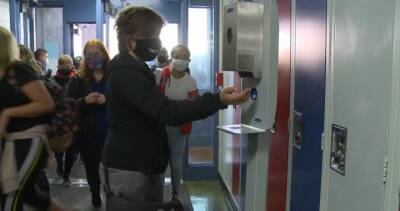Twice as many Black COVID patients deemed lowest priority in ICU triage system
A crisis-standards-of-care (CSOC) scoring system used to triage COVID-19 intensive care unit (ICU) patients assigned twice the proportion of Black patients as other patients to the lowest-priority group, finds a modeling study published yesterday in JAMA Network Open.During the pandemic, health systems developed CSOC scoring systems to prioritize the allocation of scarce resources such as ventilators.
While the Massachusetts Department of Health published and then revised guidelines for COVID-related resource rationing, and Beth Israel preemptively scored patients to prepare for shortages, resources remained adequate, and allocation didn't occur.
This study is an analysis of that data.A team led by Beth Israel Deaconess Medical Center researchers analyzed the link between the CSOC scoring system with estimated excess deaths by race, ethnicity, and residence in a socially vulnerable area among 498 adults admitted to an ICU at one of six Boston hospitals amid a COVID-19 surge from Apr 13 to May 22, 2020.
Median participant age was 67 years, 38.4% were women, 15.9% were Black, and 45.7% had COVID-19.The researchers scored participants by severity of infection using the Sequential Organ Failure Assessment score and severity of chronic illness using underlying illnesses, life expectancy, and the US Centers for Disease Control and Prevention Social Vulnerability Index (SVI).Higher proportion of excess deathsRelative to other participants, Black patients were more likely to be assigned to the lowest-priority group (15.2% vs 8.1%).
Read more on cidrap.umn.edu




















































